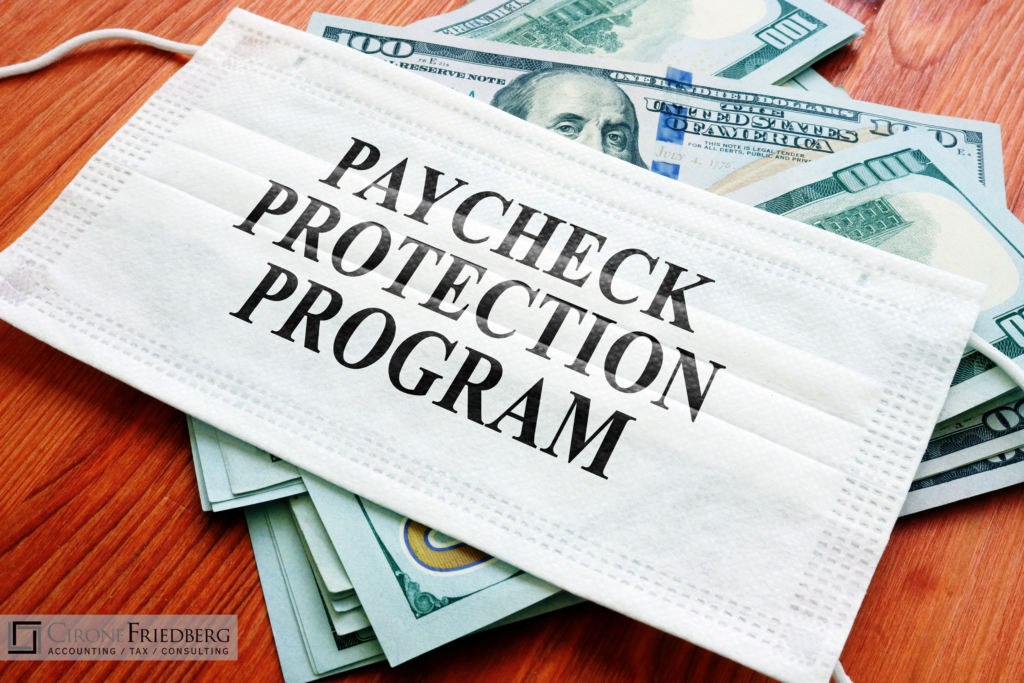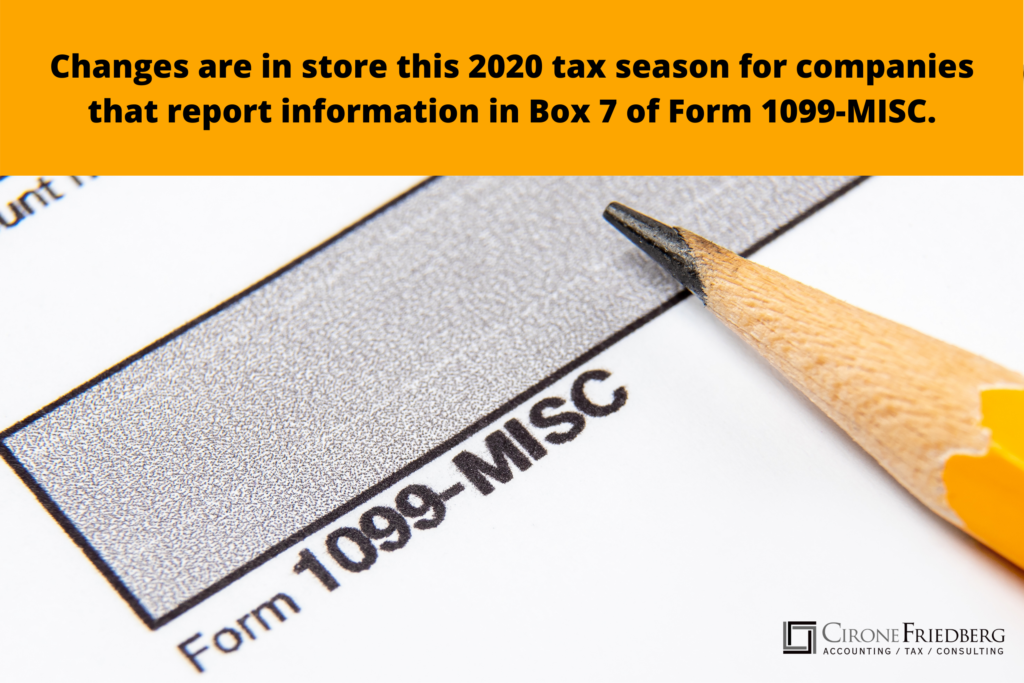Do you have foreign assets? Each United States person—citizen, resident, corporation, partnership, limited liability company, trust and estate—must file a Report of Foreign Bank and Financial Accounts (FBAR) to report a financial interest in or signature or other authority over at least one financial account located outside the United States if the aggregate value of those foreign financial accounts exceeded $10,000 at any time during the calendar year reported.
Generally, an account at a financial institution located outside the United States is a foreign financial account. Whether the account produced taxable income has no effect on whether the account is a “foreign financial account” for FBAR purposes. You need to use FinCEN Form 114.
For FBAR purposes, the following are all considered financial accounts:
- Bank accounts such as savings accounts, checking accounts and time deposits.
- Securities accounts such as brokerage accounts and securities derivatives or other financial instruments accounts.
- Commodity futures or options accounts.
- Insurance policies with a cash value (such as a whole life insurance policy).
- Mutual funds or similar pooled funds (i.e., a fund that is available to the general public with a regular net asset value determination and regular redemptions).
- Any other accounts maintained in a foreign financial institution or with a person performing the services of a financial institution.
It’s easy to remember the due date: The FBAR is an annual report, due April 15 following the calendar year reported. And the IRS grants an automatic extension to Oct. 15 if you fail to meet the FBAR annual due date of April 15. You don’t need to request an extension to file the FBAR.
However, filing isn’t the only requirement. You must keep records for each account you must report on an FBAR that establish:
- Name on the account.
- Account number.
- Name and address of the foreign bank.
- Type of account.
- Maximum value during the year.
The law doesn’t specify the type of document to keep with this information; it can be bank statements or a copy of a filed FBAR, for example, if they have all the information. You must keep these records for five years from the due date of the FBAR.
Know the Exceptions
To make it easier, the IRS has granted exceptions in certain situations. You don’t need to report foreign financial accounts that are:
- Correspondent/nostro accounts.
- Owned by a governmental entity.
- Owned by an international financial institution.
- Maintained on a U.S. military banking facility.
- Held in an individual retirement account you own or are a beneficiary of.
- Held in a retirement plan of which you’re a participant or a beneficiary.
- Part of a trust of which you’re a beneficiary, if a U.S. person (trust, trustee of the trust or agent of the trust) files an FBAR reporting these accounts.
There are additional rules and exceptions. If you have foreign assets or have any questions on the information in this article, please call your CironeFriedberg professional. You can reach us by phone at (203) 798-2721 (Bethel), (203) 366-5876 (Shelton), or (203) 359-1100 (Stamford), or email us at info@cironefriedberg.com.










